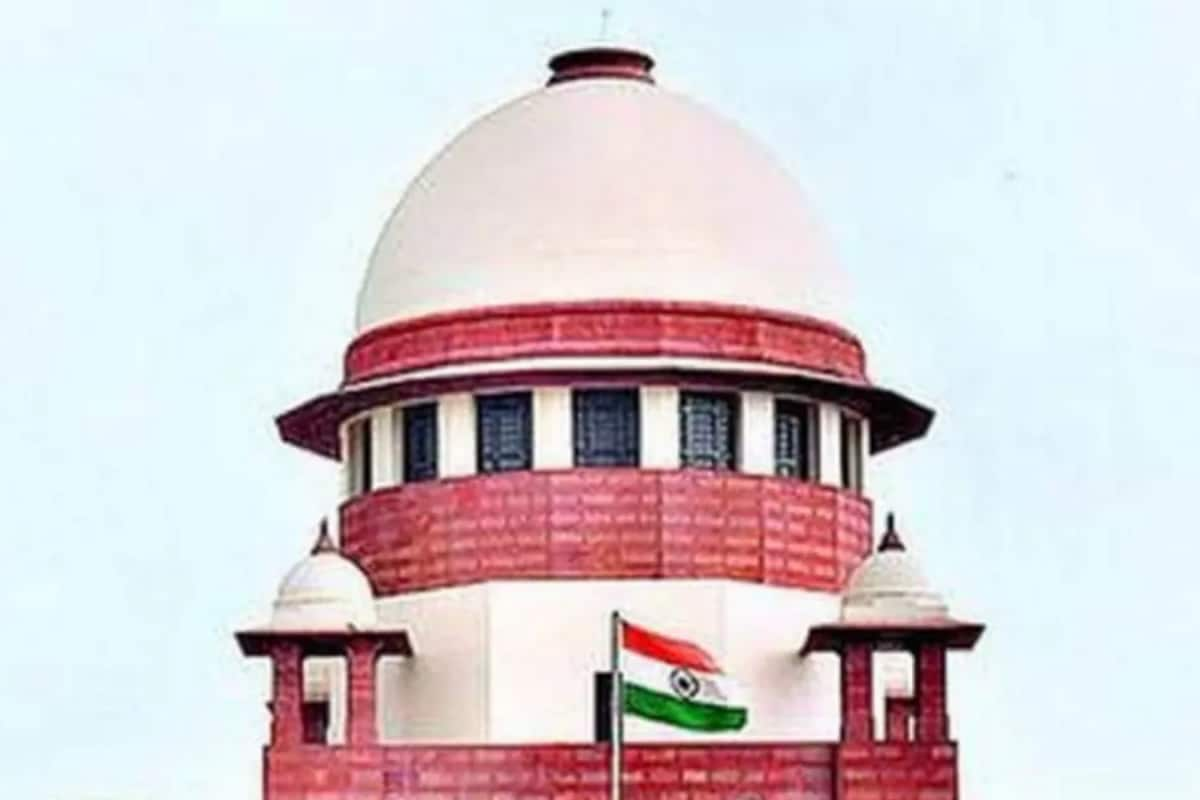

The Supreme Court has refused to put a stay on the detention of Bengali migrant workers, addressing concerns about potential illegal immigration. A Public Interest Litigation (PIL) was brought before the court alleging that Bengali-speaking migrant workers are being detained on suspicion of being Bangladeshi nationals.
A bench of Justices Surya Kant and Joymalya Bagchi acknowledged the complexities of the issue. While agreeing to hear the PIL, the court refrained from issuing any immediate interim orders regarding the detentions. The bench reasoned that any such order could have consequences, particularly concerning individuals who may have entered the country illegally. The court recognized the right of states where migrant workers are employed to inquire about their origins, but highlighted the difficulties in the intervening period. The core concern revolves around how to handle those who have illegally crossed the border and are subject to deportation under the law.
This decision comes amid ongoing debates and legal proceedings regarding the status and rights of migrant workers in India, particularly those from West Bengal working in other states. The Calcutta High Court has been actively involved in hearing habeas corpus petitions alleging the illegal detention of Bengali migrant workers in states like Odisha and Delhi. In July 2025, the Calcutta High Court directed the Union Home Ministry and the Chief Secretaries of West Bengal and Delhi to take necessary steps in a case involving six migrant workers from West Bengal who were allegedly pushed back to Bangladesh from Delhi. The court has also sought reports from the central government and the Delhi government regarding the alleged pushback of these workers.
The concerns surrounding the detention of Bengali-speaking migrant workers are multifaceted. There are claims that these workers are being rounded up solely based on their language and appearance, leading to arbitrary detention and the denial of constitutional rights. Advocate Raghunath Chakraborty argued that many Bengali workers have traveled to other states in search of work and are being targeted simply because they speak Bengali. It has been alleged that workers are being held beyond 24 hours without being produced before a magistrate, violating Article 22 of the Constitution.
The Supreme Court's recent decision underscores the delicate balance between addressing concerns about illegal immigration and safeguarding the rights of migrant workers. The court has acknowledged the need for a mechanism to verify the origins and employment details of workers to distinguish between bona fide workers and foreign immigrants.
Previously, the Supreme Court has questioned the indefinite detention of illegal Bangladeshi immigrants, emphasizing that they should be deported after serving their sentences under the Foreigners Act, 1946. In February 2025, a bench of Justices J B Pardiwala and R Mahadevan sought clarification from the Union Government regarding the prolonged detention of these immigrants in correctional homes. The court raised concerns about the government's failure to comply with its own guidelines, which stipulate that illegal immigrants should be deported within 30 days of being found living in an unauthorized manner.
The issue remains complex, requiring a coordinated approach between the central and state governments to ensure both national security and the protection of fundamental rights. The Supreme Court has sought responses from the Centre and several states on the PIL, indicating the importance of addressing the allegations of illegal detention and torture of migrant workers. The matter is scheduled for further hearing, where the court will likely delve deeper into the legal and constitutional aspects of the issue.